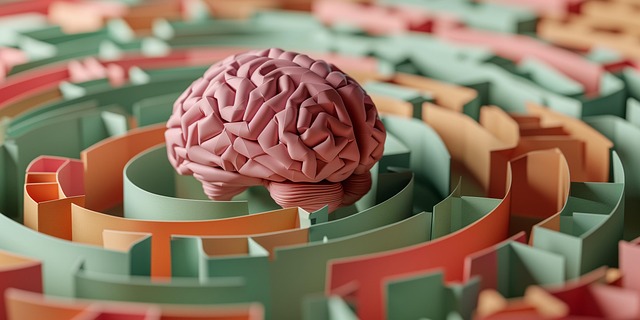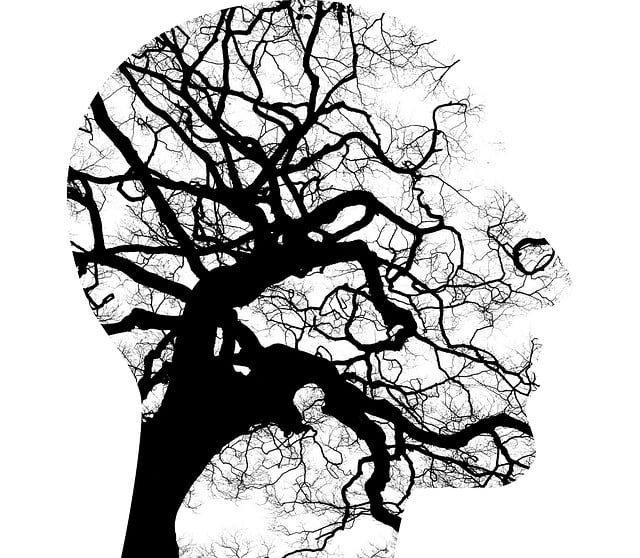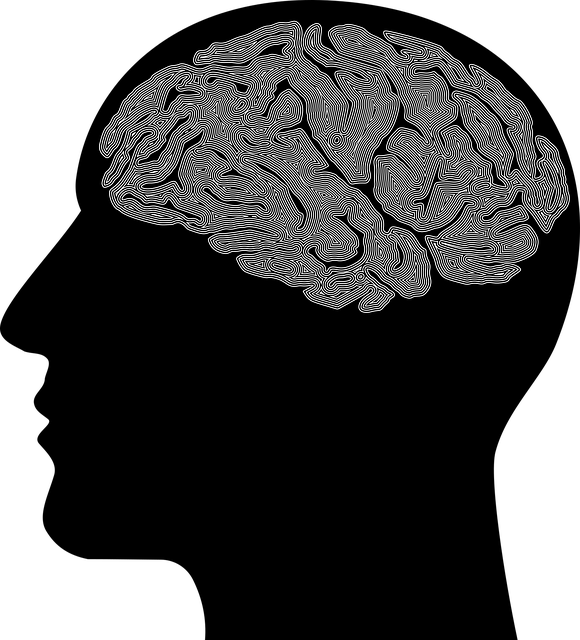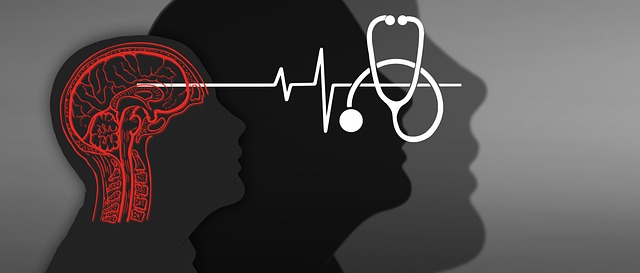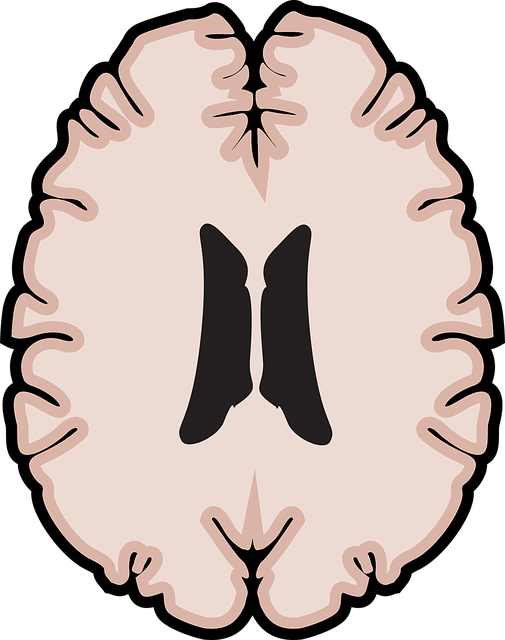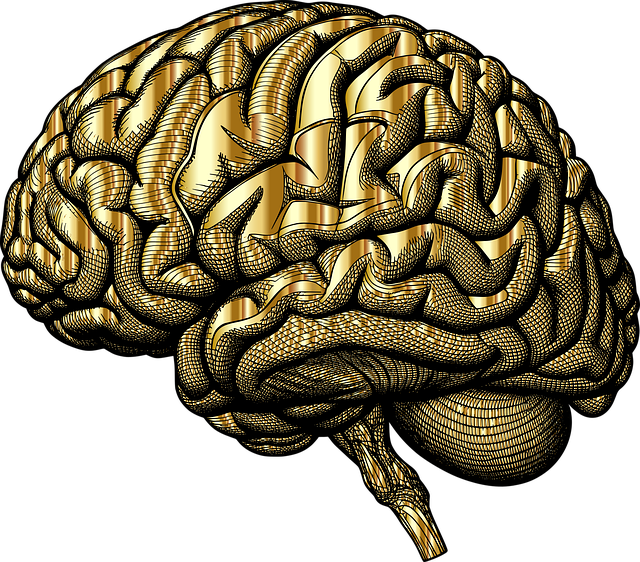In designing mental health education programs, identifying communication patterns is key, especially for Golden Couples Communication Issues. Effective communication forms the basis of successful interventions, with early identification enabling targeted public awareness campaigns. The program includes tailored strategies for anxiety, depression, and stress-related disorders, along with cultural competency training to prevent healthcare provider burnout and create an inclusive environment. Golden Couples Communication Issues Therapy involves initial assessments, personalized mindfulness and listening techniques, regular feedback, and continuous learning through open dialogue, peer support, and resilience-building workshops.
“Uncover the secrets to crafting an impactful mental health education program with a focus on couples’ communication and common mental health concerns. This comprehensive guide explores strategic areas of design, from identifying key topics like Golden Couples Communication Issues to structuring therapy sessions for optimal engagement. Learn effective implementation strategies that foster continuous learning and ensure successful outcomes in promoting emotional well-being. Discover how to revolutionize mental health support through tailored therapy.”
- Identifying Key Areas for Focus: Unraveling Communication Patterns and Common Mental Health Concerns
- Program Structure: Crafting Effective Therapy Sessions for Couples
- Implementation Strategies: Ensuring Success through Engagement and Continuous Learning
Identifying Key Areas for Focus: Unraveling Communication Patterns and Common Mental Health Concerns

In designing a mental health education program, one must first identify key areas that require focused attention. Unraveling communication patterns is a crucial step in this process. Effective communication, or what professionals often refer to as Golden Couples Communication Issues Therapy, forms the bedrock of any successful intervention strategy. By understanding how individuals express their thoughts and feelings, educators can tailor interventions to address specific mental health concerns more effectively. Common mental health issues such as anxiety, depression, and stress-related disorders are often manifested through distinct communication patterns, which can be both verbal and non-verbal.
Identifying these patterns early on allows for the development of targeted public awareness campaigns aimed at raising consciousness about mental health in general and specific conditions in particular. Additionally, focusing on burnout prevention among healthcare providers is another vital aspect. This includes ensuring that they have the necessary cultural competency training to address a diverse range of mental health concerns. Such efforts contribute to creating an inclusive environment where individuals feel comfortable seeking help without stigma or judgment, fostering positive outcomes through early intervention and sustained support.
Program Structure: Crafting Effective Therapy Sessions for Couples

Crafting effective therapy sessions for couples involves a structured approach tailored to address Golden Couples Communication Issues. The program should commence with an initial assessment phase where therapists gain insights into each partner’s emotional landscape, past experiences, and individual mental health concerns. This foundation enables them to design personalized interventions that target specific challenges, such as anxiety relief or stigma reduction efforts, while fostering open dialogue.
Session structures could incorporate techniques like mindfulness exercises for emotional regulation, encouraging active listening, and promoting non-violent communication. These methods help couples develop healthier interaction patterns, improve conflict resolution strategies, and ultimately strengthen their bond. Regular feedback sessions within the program allow adjustments to be made, ensuring each couple receives the most effective support tailored to their unique dynamics and mental illness stigma reduction efforts.
Implementation Strategies: Ensuring Success through Engagement and Continuous Learning

The successful implementation of a mental health education program hinges on strategies that foster engagement and continuous learning. One of the golden couples in this regard is Communication Strategies. Open and honest dialogue, addressing both communication issues and promoting active listening, can significantly enhance participants’ understanding and willingness to engage with the program’s content. By creating safe spaces for sharing experiences and emotions, facilitators can build trust and encourage vulnerability—crucial elements for effective therapy and mental wellness improvement.
Resilience Building is another key component that should be integrated into the program design. Teaching participants practical tools and techniques to cope with stress, anxiety, and other mental health challenges empowers them to take charge of their well-being. Regular feedback sessions, peer support groups, and interactive workshops all contribute to a dynamic learning environment that keeps participants invested in their personal growth journey. These continuous learning opportunities not only reinforce the program’s teachings but also help individuals develop lasting coping mechanisms for life’s inevitable ups and downs.
Mental health education programs, by focusing on key areas such as communication patterns, common mental health concerns, effective therapy sessions for couples, and engagement strategies, can significantly enhance overall well-being. In particular, addressing Golden Couples Communication Issues through tailored therapy sessions proves to be a powerful tool in fostering healthier relationships. Implementation of these strategies ensures continuous learning and success, ultimately revolutionizing how we approach mental health support.

